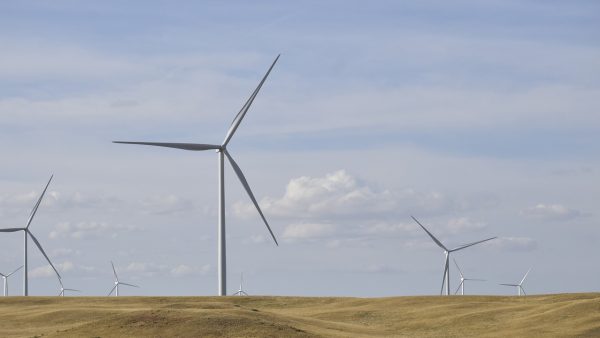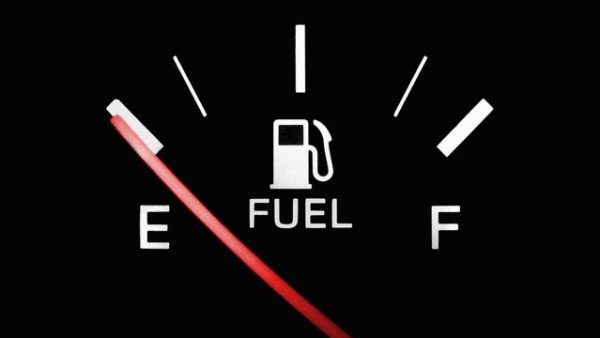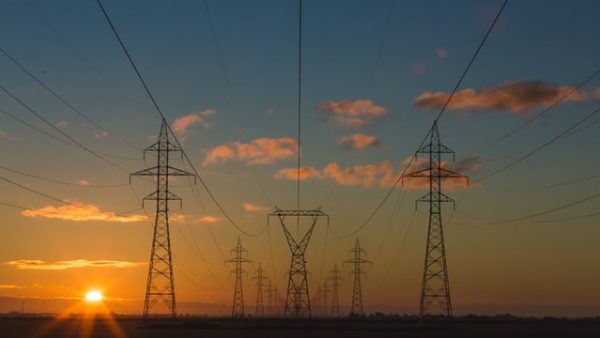Blogs > Household Bills > A Global Energy Crisis – What’s Going On and How is the UK Being Affected?
 - minute read
- minute read
In trying to recover from the Covid pandemic, the world has run headfirst into a global energy crisis, with wholesale gas prices rocketing while countries continue to try and recover from shortages brought on by the events of 2020 and 2021.
The global energy crisis that the world is currently facing can be traced back to the beginning of the Covid-19 pandemic. Back in early-mid 2020, national and regional lockdowns saw gas and electricity usage plummet which led to a sudden drop in prices. Following this, producers reduced their supply to match the decreased demand.
Eventually, demand began to recover as the world started opening up again. However, because gas supplies were so low, wholesale prices kept rising, soaring way beyond that of pre-pandemic costs. These lurching prices – from record lows to record highs in a matter of months – have resulted in wholesale prices near doubling over the past year. In turn, this has caused huge increases to what many customers (in the UK and worldwide) are now paying for their energy.
While it’s easy to point the finger at Covid, there are other underlying factors of the energy crisis that Covid didn’t cause, but has laid bare for all to see.

Gasoline is at its highest cost since 2014, as supplies are the most diminished for five years. In the UK, the average diesel cost has risen up £1.50 per litre for the first time ever and petrol is now above £1.46. This is making driving more expensive than ever and particularly unaffordable for young people at the moment (especially those with other high recurring costs like rent).

As we mentioned, wholesale prices for natural gas have caused the global energy crisis. This surge in energy prices has led to all sorts of issues for the UK, causing some of the UK’s major suppliers to go bust. This includes household names like People’s Energy. There are even rumours that Bulb may be unable to survive, the UK energy market is regulated by Ofgem, to ensure that prices remain affordable for consumers. In reaction to the hiking prices, they implemented a ‘price cap’. This means that energy companies can’t charge consumers above a certain price.
When electricity consumption fell last year, many small energy suppliers in the UK decided to attract new customers through the appeal of lower prices. The increase in natural gas prices since has caused this decision to backfire, given that these same suppliers are now unable to keep providing energy without making a loss. The unfortunate result of this is over a dozen small UK energy suppliers going bust over the last few months, meaning millions of customers have been left without an energy supplier while they try and switch to a new one.
Economists have predicted gas prices (and the shortages which have followed) to remain a major issue until spring 2022. Some have even said it may take until 2023 for gas prices to return to normal. Unfortunately, it seems as though this combination of factors is going to take some time to resolve, given that they’re structural in nature so can’t be easily undone.
Going back to the energy price cap, this regulates the cost of gas and electricity in the UK, according to how much suppliers are having to pay for them. This currently sits at £1,277 for an average household (for a year’s worth of energy bills). However, HSBC experts are warning that price cap could reach as high as £1,555 when it is reviewed in April 2022.

But what does this mean for Brits this winter? Put simply, around 4.5 million UK citizens are now left with the prospect of rising prices and often limited access to energy – both of which have occurred in the midst of fairly strongly opposed welfare cuts. And this has all happened as winter and the long nights begin to close in.
Ofgem’s current advice for UK customers is to not switch to a new supplier, as many companies aren’t actually taking on new customers right now. Right now, households are protected by Ofgem’s price cap, so there are no deals that can be cheaper than this. Money saving expert Martin Lewis added that because the energy landscape is changing so quickly at the moment, the best action at the moment is inaction. Rather than panicking, it’s better to do nothing.
In summary, the global energy crisis is an issue that doesn’t look to be going away any time soon. Right now, around one-third of UK suppliers are at risk of total collapse. Companies are currently providing weekly reports as Ofgem braces for any more financial collapses. It probably doesn’t help that the UK government has been sending out incorrect advice to millions of energy customers this month, saying that switching energy suppliers could save up to £290, when the reality is that rising wholesale prices mean most households are currently better off not switching at all.
We may well see the UK implementing some of the measures which have already been put into place across the globe. In China, Guangdong authorities have banned office lifts from being used for the third floor or below. China and India are both subjecting their citizens to scheduled power cuts for hours at a time as well. Let’s just hope things don’t get that extreme in the UK!
Plenty is up in the air right now. Just like 2020, the remainder of 2021 promises to be full of uncertainty and fluctuations.
Need to set up your bills but not sure what to do? We can help set up your utilities for you in line with Ofgem’s advice and get you the best energy deal right now.



All your utility bills in one monthly payment, split between housemates
Get a quote


All your utility bills in one monthly payment, split between housemates
Get a quoteFinding his article helpful? We’ve got plenty more helpful articles on there way. Join our Savvy Sunday mailing list